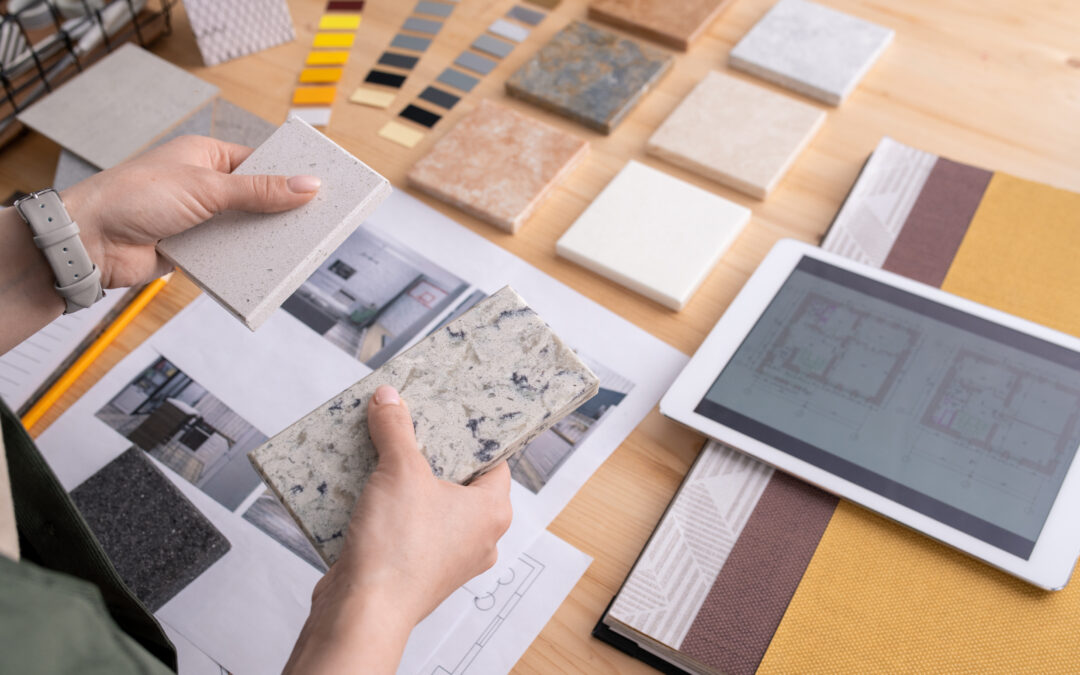If you’re a long-time homeowner whose home just isn’t measuring up to all your needs and wants anymore, you could consider adding on to the home you love instead of abandoning it altogether.
If you’re considering adding on to your home, congrats! But before you schedule an oh-so-gratifying demolition day, consider a few things first. Here are five questions to ask before adding on to your home:
1. How much do I want to spend?
Obviously, you’re not going to blindly embark on a home renovation project without considering price. But, when it comes to adding on to your home, you need to get a few estimates from the professionals who will complete the work—once you do, be sure to account for a few overages before committing to the project.
2. Will the addition be worth it?
n your mind, maybe we’re talking about finances here. But maybe we’re talking about your quality of life in your home. If you intend to sell your home after adding on, you need to consider the resale value and how the addition may return your investment. If you don’t intend to sell, consider how the addition may enhance your lifestyle at home.
3. Would remodeling be a better option?
Always wanted a home office, but never seemed to have enough rooms to give yourself the space? Don’t simply start breaking down a wall in your home to add on the office. Instead, survey your current space. Are your children off to college—or will they be soon? Could you finish your basement and create several new rooms? It may be more economical to make simpler renovations to your current home rather than adding on. Look at all possibilities before you begin major construction around your home.
4. What regulations do I need to follow?
Unless you live in some remote area with very few rules, it is likely that you’ll have to follow some restrictions when it comes to adding on to your home. Before you start spending and break ground on all your enhancements, contact city or county government offices to see what rules you may need to follow during the construction process.
5. Can I afford this in the long run?
Yes, you considered the amount you would be spending on your renovation project in the beginning. However, some home additions can tack on additional costs that last for the long run. Consider the extra costs of heating and cooling your home once you add on. Also think about an increase in your property taxes. Don’t forget to account for any extras you’re adding in too—you know, like a hot tub or additional bathroom. Those extras can add monthly expenses. Make sure you’re prepared for any extra costs your addition may bring.
Adding on to your home is a great way to make it last. But before you break ground, you need to know that your addition is the best option for you. Ask questions about the addition up front so you don’t face any surprises during your project.


Recent Comments